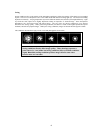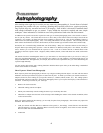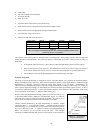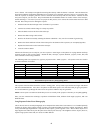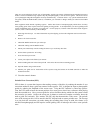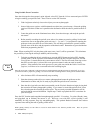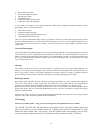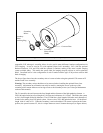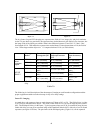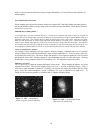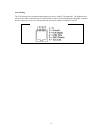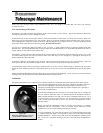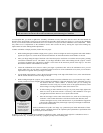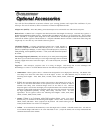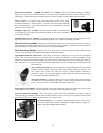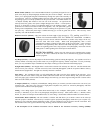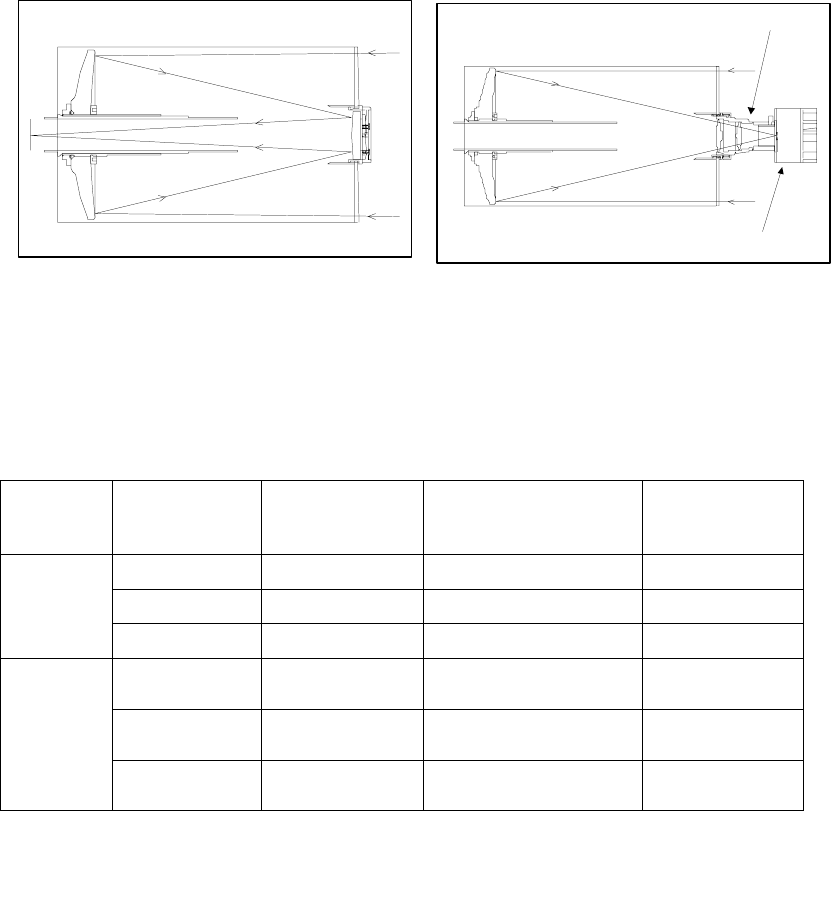
49
Fastar Lens Assemb
l
The key factors for good CCD imaging are; exposure time, field-of-view, image size, and pixel resolution.
As the F/# goes down (or gets faster), the exposure times needed decreases, the field-of-view-increases, but
the image scale of the object gets smaller. What is the difference between f/2 and f/10? F/2 has 1/5 the
focal length of f/10. That makes the exposure time needed about 25 times shorter than at f/10, the field of
view 5 times larger and the object size 1/5 compared to that of f/10. (see Table below)
Telescope
Model
Standard
Cassegrain f/10
With
Reducer/Corrector
f/6.3
With Fastar
Lens Accessory
f/2
CGE 800
80" (2032mm) 50.4" (1280mm) 16" (406.4mm)
CGE 1100
110" (2800mm) 69.5" (1764mm) 23.1 (587mm)
Focal
Length &
Speed
CGE 1400
154" (3910mm) 88.2" (2239mm) 29.4" (746mm)
CGE 800 8 x 6.1 (arc
min)
12.6 x 9.7 (arc min)
40 x 30 (arc
min)
CGE 1100 5.8 x 4.4 (arc
min)
9.2 x 7.0 (arc min)
28 x 21 (arc
min)
ST 237
F.O.V.*
CGE 1400
4 x 3 (arc min) 7 x 5.5 (arc min)
22 x 17 (arc
min)
* Field of view calculated using SBIG ST 237 CCD camera with 4.7mm x 3.6mm
chip.
The following is a brief description of the advantages of imaging at each f-number configuration and the
proper equipment needed to use the telescope in any of its many settings
Fastar F/2 Imaging
As stated above, the exposure times are much shorter at f/2 than at f/6.3 or f/10. The field-of-view is wider,
so it is easier to find and center objects. Also with a wider field-of-view you can fit larger objects (such as
M51, The Whirlpool Galaxy) in the frame. Typical exposure times can be 20-30 seconds for many objects.
Under dark skies you can get an excellent image of the Dumbbell Nebula (M27) with only a few 30 second
exposures (see figure 8-5 below). The spiral arms of the Whirlpool galaxy (Figure 8-6) can be captured
CCD Camer
a
Figure 7-3
Fi
g
ure 7-4
Table 7-3



